Summaries of books about History & Biographies:
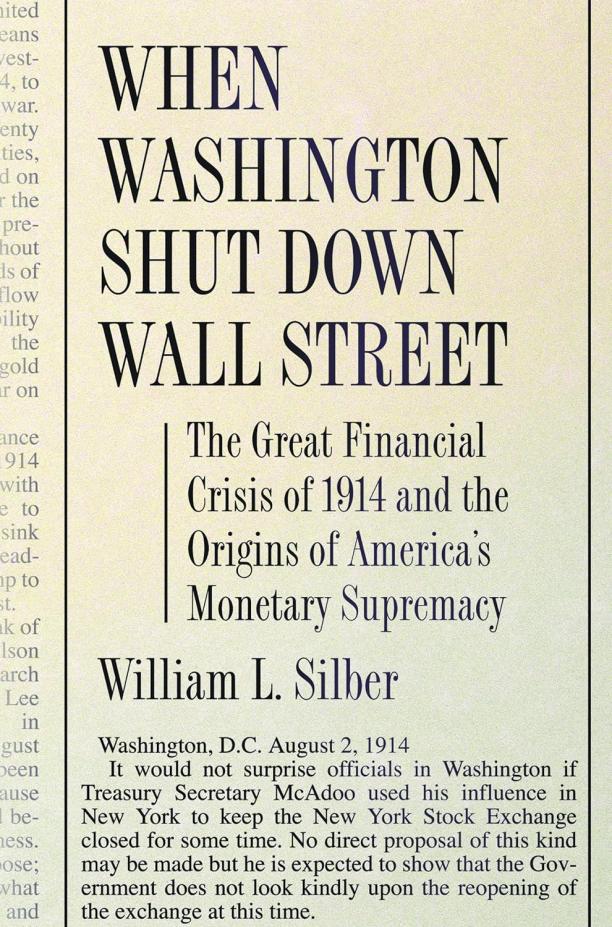
When Washington Shut Down Wall Street
The Great Financial Crisis of 1914 and the Origins of America's Monetary Supremacy
William L. Silber
The book recounts the financial crisis of 1914 triggered by the outbreak of World War I, detailing how Treasury Secretary William McAdoo closed the New York Stock Exchange to prevent a liquidity crisis and safeguard American gold reserves. It also explores the establishment of the Federal Reserve and the United States' rise to financial supremacy through the innovative and decisive actions taken during this period.
See full summary

Medicine, Science and Merck
P. Roy Vagelos|Louis Galambos
The book chronicles the life and career of Roy Vagelos, detailing his journey from a physician and biochemist to the CEO of pharmaceutical giant Merck & Co. It explores his contributions to medical science, his leadership in drug development, and his impact on corporate and research strategies in the pharmaceutical industry.
See full summary

The Impossible Climb
Alex Honnold, El Capitan, and a Climber's Life
Mark Synnott|Hampton Synnott
The book chronicles the journey of renowned rock climber Alex Honnold, particularly focusing on his historic free solo ascent of El Capitan in Yosemite National Park. It provides insights into Honnold's life, the climbing culture, and the intense preparation and mental fortitude required for such a daring feat, adapted for young readers.
See full summary
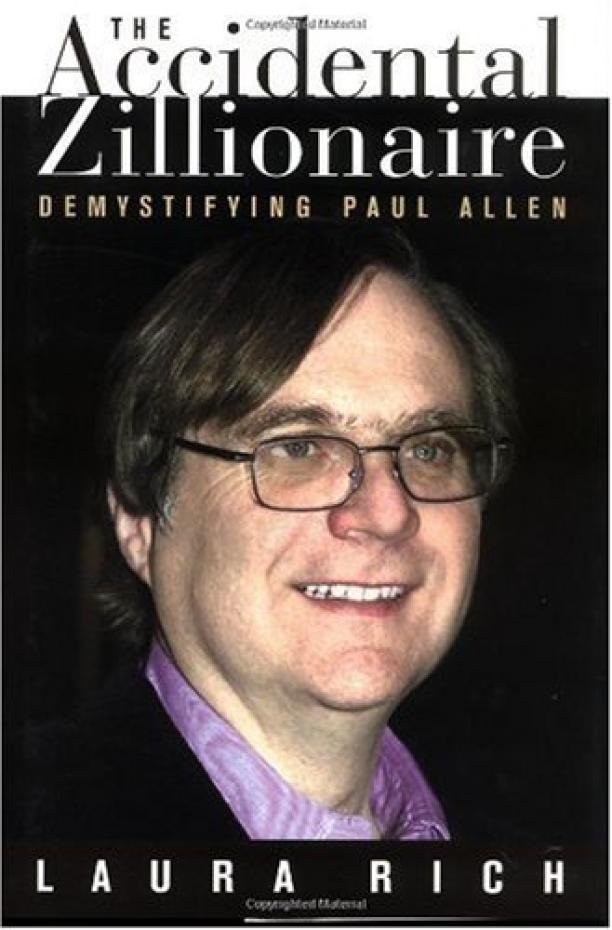
The Accidental Zillionaire
Demystifying Paul Allen
Laura Rich
The book delves into the life of Paul Allen, co-founder of Microsoft, exploring his contributions to the tech industry and his various pursuits beyond Microsoft. It provides an insight into Allen's personality, his business strategies, and his impact on the world of technology and philanthropy.
See full summary

Owning Ideas
The Intellectual Origins of American Intellectual Property, 1790–1909
Oren Bracha
The book explores the historical development of American intellectual property law from its early roots in the late eighteenth century through to the end of the nineteenth century. It examines the philosophical and legal foundations that shaped the evolution of copyright, patent, and trademark laws, and how these ideas were contested and adapted in the context of American society and economy.
See full summary

The Twelve Caesars
The Lives of the Roman Emperors
Suetonius, J. C. Rolfe
The book provides detailed biographies of the first twelve emperors of the Roman Empire, from Julius Caesar through to Domitian. It offers insights into their political careers, personal lives, and the scandals, achievements, and idiosyncrasies that defined their reigns.
See full summary

The Making of Modern South Africa
Conquest, Apartheid, Democracy
Nigel Worden
The book provides a comprehensive analysis of South Africa's historical development, examining the processes of colonial conquest, the establishment of racial segregation and apartheid, and the eventual transition to a democratic society. It delves into the socio-political and economic factors that shaped the nation, highlighting the struggles and contributions of various groups in the evolution of modern South Africa.
See full summary
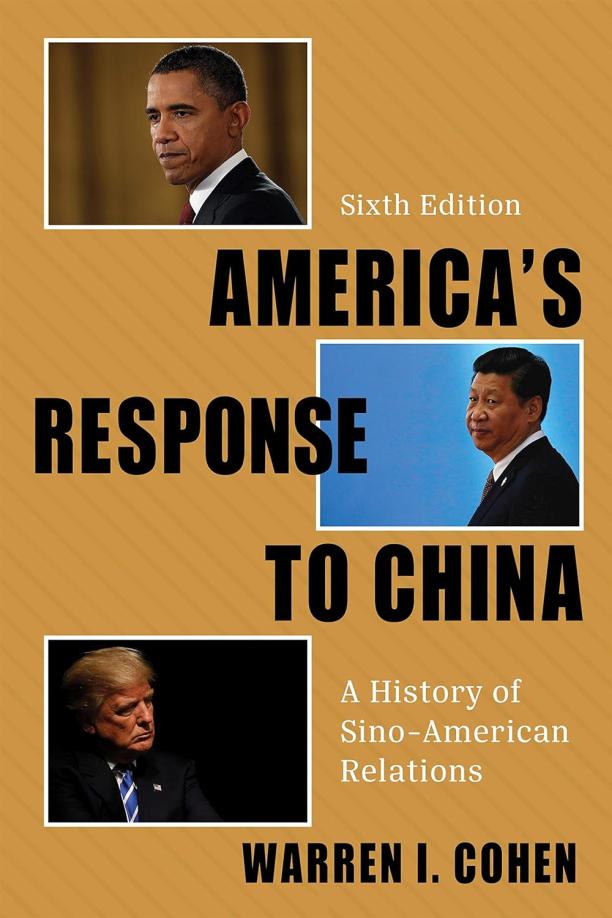
America's Response to China
A History of Sino-American Relations
Warren I. Cohen
The book provides a historical overview of the diplomatic, economic, and ideological interactions between the United States and China from the 18th century to the modern era. It examines the evolution of American foreign policy towards China, including key events and figures that have shaped the complex relationship between the two nations.
See full summary
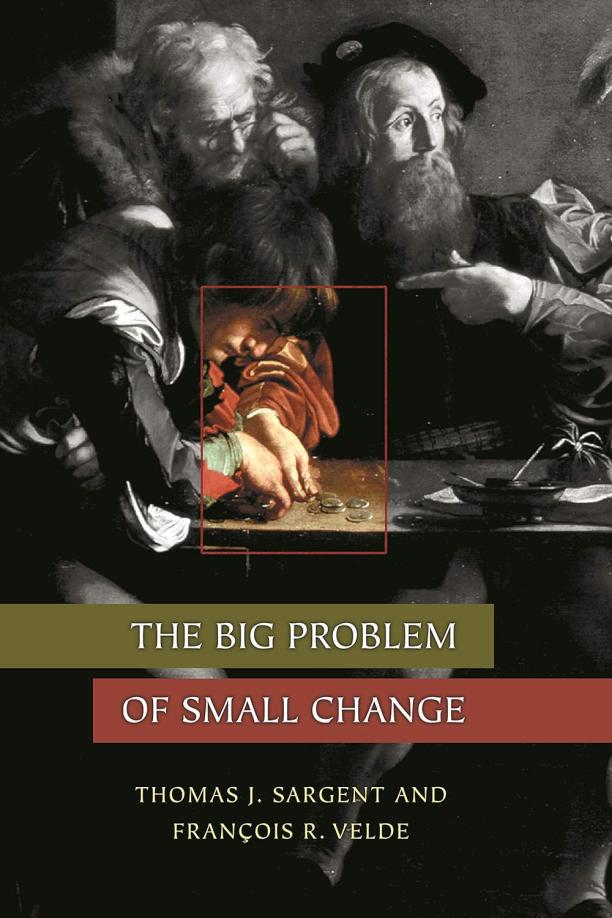
The Big Problem of Small Change
Thomas J. Sargent|François R. Velde
The book explores the historical challenges and economic complexities of minting and managing small-denomination currency in Europe from the Middle Ages to the modern era. It examines the policies, debates, and innovations that shaped the provision and stability of small change, highlighting its impact on economies and societies.
See full summary
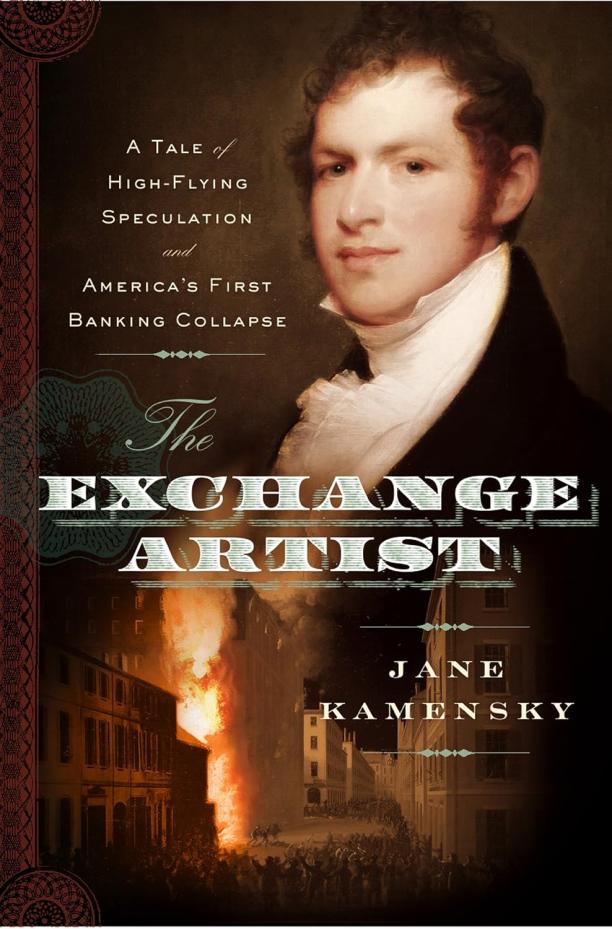
The Exchange Artist
A Tale of High-Flying Speculation and America's First Banking Collapse
Jane Kamensky
The book chronicles the life of Andrew Dexter Jr., an ambitious entrepreneur who played a central role in the speculative boom and bust of early 19th-century America, culminating in the financial panic of 1809. It delves into his grand scheme to build a palatial exchange building in Boston, his innovative yet risky financial practices, and the subsequent economic turmoil that affected the young nation's banking system.
See full summary